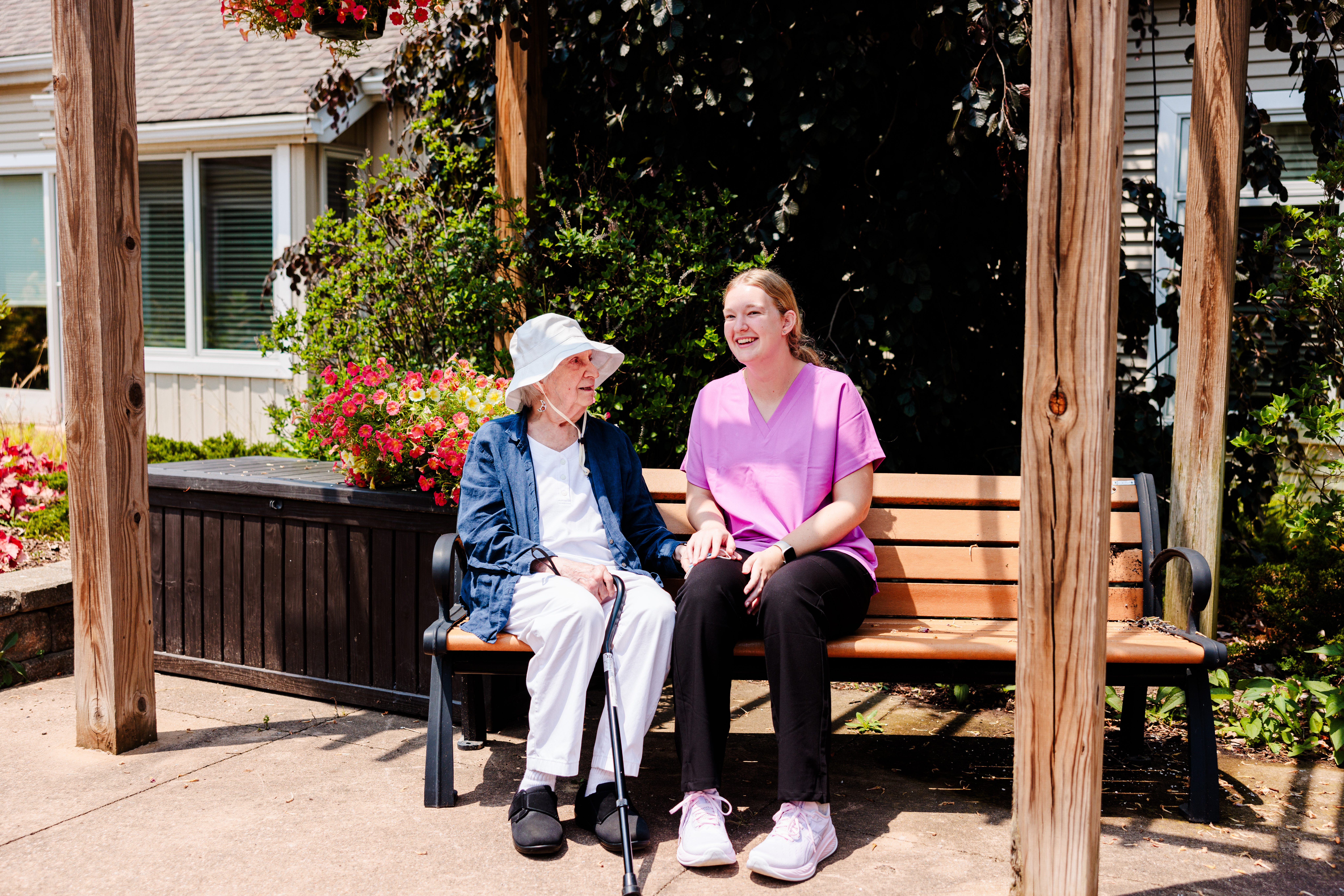Get Fit: Rest Easy By Overcoming These Bad Sleeping Habits
by Lynne Thompson | Jan. 27, 2021 | 1:00 PM

Anyone who’s ever tossed and turned through a sleepless night knows the physical toll it can take. According to Dr. Sam Friedlander, an expert in sleep and respiratory medicine at University Hospitals, it also can affect mental health. “People that have poor sleep are at risk for mental health issues like depression and anxiety,” he says. Ironically, the sleep-deprived often make it difficult, if not downright impossible, to get the rest they so desperately crave by failing to practice what he calls “good sleep hygiene.” If this sounds like you, Friedlander lays out some common bad sleeping habits you should work on getting rid of.
Bed Times
Waking up at the same time — or within an hour of the same time on days off and vacations — is essential, more so than turning in at the exact same time. “It’s very important to promote the circadian rhythm by getting light in the morning and avoiding light in any screens before bedtime,” he says. Turn off devices one to two hours before hitting the sack.
Sleep Ready
Friedlander suggests creating a slumber-inducing environment by turning off the lights, investing in blackout drapes and eliminating as much sound as possible. Plus, the temperature in the room can have an impact as well. “We typically sleep better when it’s a little bit colder,” he says. “So, dropping the thermostat by one or two degrees can be helpful.”
Wind Down
Friedlander advises getting in workouts at least four hours before turning out the lights. “Exercise raises our core temperature,” he explains. “The body likes to fall asleep as the core body temperature is falling.” Wrap up other stimulating activities an hour before bed. “Kids need quiet time, need to take a soothing bath, read a book, things that help de-escalate their stress at nighttime,” he says. “Adults can use that, too.”
Trending
-
1
-
2
-
3
-
4
-
5










